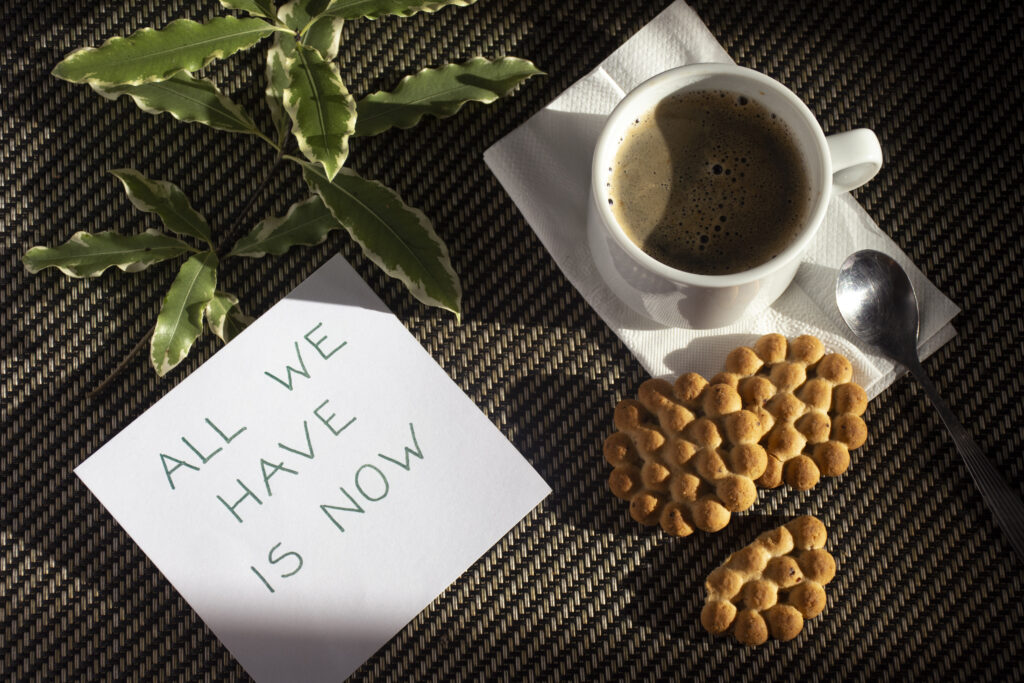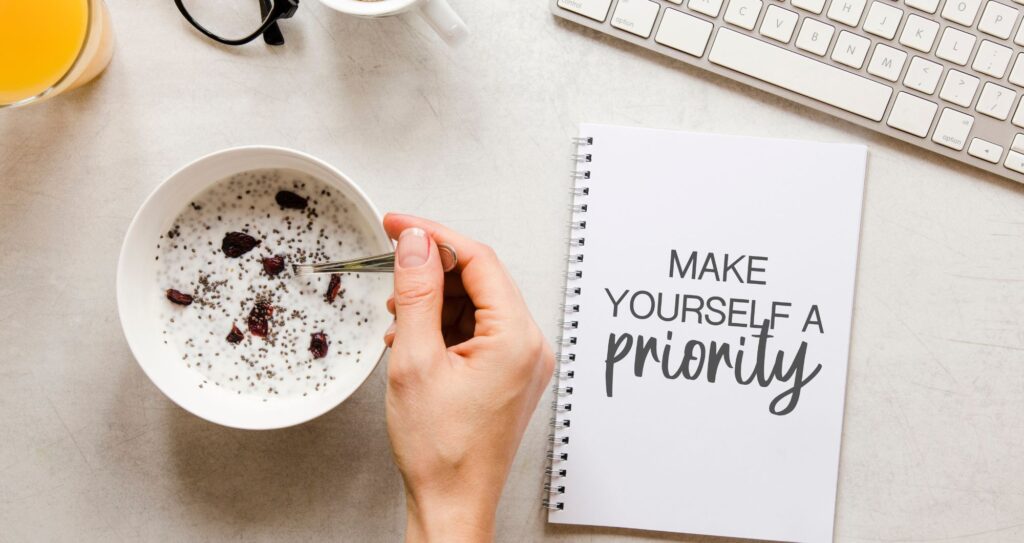Have a Great Rest of Your Day Good Rest Day
Introduction
Some words stay with us longer than others. You might forget a long conversation, but a sincere “have a great rest of your day” can leave a trace of warmth that lingers.
Why? Because it’s not just a sentence—it’s a hug in disguise. A tiny gesture of care, spoken softly, that can turn around someone’s rough afternoon. That phrase, so simple and short, carries more emotional weight than we often realize.
What Does “Have a Great Rest of Your Day” Really Mean?
The Literal Meaning
The phrase literally means: “I hope the remaining part of your day goes well.” It acknowledges the fact that your day is still unfolding—and offers a wish for it to be peaceful, joyful, or at least okay.
The Emotional Impact
On an emotional level, it’s a mini-affirmation. It says, “I see you. I care about how your day continues. I want good things for you.” That’s powerful—especially in a world where kindness is sometimes hard to come by.
Comparing the Expressions: “Have a Great Rest of Your Day” vs. “Have a Good Rest of Your Day”
Subtle Differences in Tone
Have a great rest of your day” feels a bit more enthusiastic and warm. It’s like giving someone a high-five of encouragement.
“Have a good rest of your day” is a bit more neutral—still kind, but slightly more reserved.
When to Use Each One
- Use “great” when you want to uplift someone or leave a cheerful impression.
- Use “good” in professional or formal settings where warmth is welcome, but subtle.
Why These Phrases Matter
Creating Small Moments of Joy
A tired cashier, a stressed coworker, a lonely neighbor—any of them could feel a little lighter just by hearing you say, “Have a great rest of your day.”
Language as a Form of Kindness
Kindness isn’t always grand gestures. Sometimes, it’s two seconds of heartfelt words.
Emotional Power in Everyday Language
A Soft Goodbye that Leaves a Warm Feeling
Instead of the rushed and robotic “bye,” these phrases feel like you’re leaving a bit of yourself behind. A piece of warmth. A dash of hope.

Encouragement in a Few Words
It’s like saying, “I believe in you” without using those exact words. It’s support disguised in everyday speech.
Real-Life Situations to Use These Phrases
At Work or in Business Emails
A simple “Have a great rest of your day” at the end of an email can change how your entire message is received.
With Friends or Loved Ones
Texting your best friend or partner? Add this line at the end. It’s the kind of tenderness people remember.
Random Acts of Kindness to Strangers
Smile at the delivery guy. Thank the receptionist. Add, “Hope you have a good rest of your day.” You might be the only one who says it all week.
Cultural Relevance and Universality
Politeness Across Cultures
While expressions differ across regions, the heart behind the phrase is universal. Everyone understands care.
Human Connection Beyond Language
Even if the words are translated, the intention crosses every border. That’s the magic of human empathy.
How Saying It Can Change Your Day Too

Giving Uplifts the Giver
Strangely enough, when you genuinely wish someone well, you feel lighter too. It’s as if speaking positivity reflects it right back to you.
Practicing Gratitude Through Expression
Saying it out loud is a reminder to value time, life, and connection. It’s gratitude wrapped in a warm sentence.
How to Say It with Sincerity
Use Eye Contact and a Smile
Don’t just toss the words over your shoulder. Look someone in the eyes and mean it.
Mean It When You Say It
Let your tone match your heart. A soft, genuine voice says more than perfect grammar ever could.
Alternatives to Use Occasionally
- “Wishing you a peaceful afternoon.”
- “Enjoy what’s left of your day.”
- “Hope the rest of your day goes beautifully.”
These keep the sentiment fresh and adaptable while still expressing care.
Emotional Health and Positive Language
The Psychology of Pleasant Closings
Studies show that people remember how things end more than how they begin. Ending conversations or emails with kindness sticks.
Replacing Negativity with Warmth
If you usually end things in a rush, try replacing that with this phrase. It creates a soft emotional landing—for both of you.
Teaching Children the Power of Kind Words
Raising Emotionally Intelligent Humans
Kids learn by watching. When they hear you say things like “Have a great rest of your day,” they pick up the habit of empathy.
Modeling Daily Positivity
Use it at home. In school drop-offs. On calls. You’re planting seeds of gentle communication in every interaction.
When Words Are All You Have
A Message of Hope for the Lonely
For some, this phrase might be the only kind word they hear that day. You might never know the impact—but it matters.
Healing Through Connection
In a digital world, short phrases carry real weight. Don’t underestimate what your words can do.
Conclusion: A Simple Phrase, A Lasting Impact
“Have a great rest of your day” isn’t just polite—it’s powerful. It’s kindness with no strings attached. It’s a quiet way of telling someone that you care, even in passing.
In a world that often rushes and forgets, be the one who remembers to say it—and mean it.
FAQs
1. Which is more polite: “Have a great rest of your day” or “Have a good rest of your day”?
Both are polite, but “great” sounds more enthusiastic, while “good” is more neutral.
2. Can I use these phrases in formal settings?
Yes. Both are perfectly acceptable in professional emails or conversations.
3. Is it better to say “rest of your day” or just “day”?
Rest of your day adds a thoughtful touch, acknowledging that time is still unfolding.
4. How can I make these phrases sound more genuine?
Say them slowly, use a kind tone, and make eye contact if in person.

